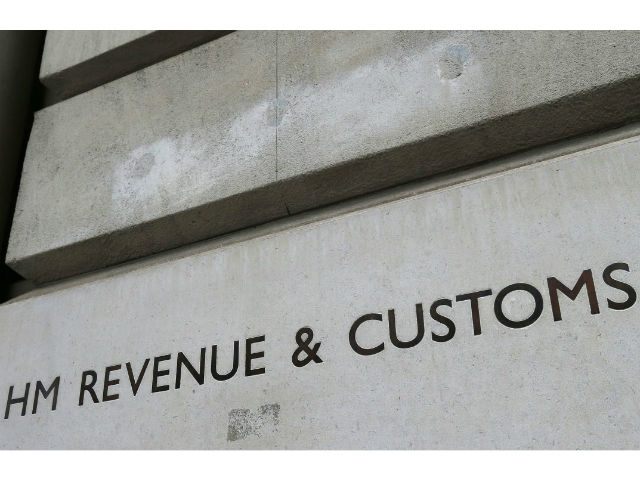Do you ever get the impression that politicians sometimes wave legislation through Parliament without really thinking about it, or properly considering the consequences of the proposed laws?
Certainly, if you look at much of the tax legislation that’s gone through Parliament over the past couple of decades, you’d be hard pressed to understand why there’s so much of it. In fact, Tolley’s Tax Guide, the comprehensive guide to our tax system, doubled in size during Gordon Brown’s time as Chancellor, despite politicians always seemingly wanting to simplify the system. The Office of Tax Simplification certainly has a job on its hands!
The Treasury has always regarded all of the money in the economy as belonging to itself. Anything that taxpayers get to keep is, in their worldview, a “tax loss”. So, it’s hardly surprising to see some of the ideas the Treasury and its partners at Her Majesty’s Revenue and Customs (HMRC) come up with to deal with taxpayers.
Last year, parliament passed a draconian piece of legislation, which overturns a cherished legal principle – the presumption of innocence – when HMRC is investigating so-called tax avoidance.
For centuries, the government has had to successfully make its case in court before taking disputed money from a taxpayer. No more! Now, if HMRC is in dispute with a taxpayer over tax avoidance, it will be able to demand the amount that it thinks the taxpayer should pay without a legal process. As the Centre for Policy Studies has said, HMRC is becoming “judge, jury and executioner.”
Indeed, we could see entirely innocent taxpayers being forced to sell their homes, or declare themselves bankrupt, to comply with the taxman’s demands. Ultimately, a court could decide that HMRC’s disputed view was wrong, but, by then it will be too late. Businesses and taxpayers could have gone to the wall unnecessarily.
The tax system is a mess! It is too complicated, too difficult for ordinary taxpayers to understand and too expensive. Yet instead of working to simply the system, successive governments have felt that the answer is just to award HMRC extra powers. Yet we know from anti-terror legislation that powers created to deal with the “bad people in our society” end up being used against everyone – witness how local councils started using covert surveillance to check on residents’ wheelie bins!
Parliament believes that these new powers are justified to ‘tackle tax avoidance’. However, left unchecked, HMRC officials will use the new powers to grab cash off completely innocent taxpayers and these powers will, over time, inevitably be expanded to all manner of disputes between taxpayers and the State. The National Insurance Contributions Bill, which received its Third Reading earlier this month, extends the ‘guilty until proven innocent’ principle to National Insurance Contributions as well as income tax.
We are now faced with a situation where businesses and individuals have to pay an amount demanded by HMRC irrespective of whether that amount will ever become due and then be forced to take legal action to claim back their own money. This cannot be right. That’s why it’s so vital that early on in HMRC’s use of its new powers, ministers ensure they are used only sparingly.
Lindsey Daniels is a member of the Alliance for HMRC Accountability

COMMENTS
Please let us know if you're having issues with commenting.